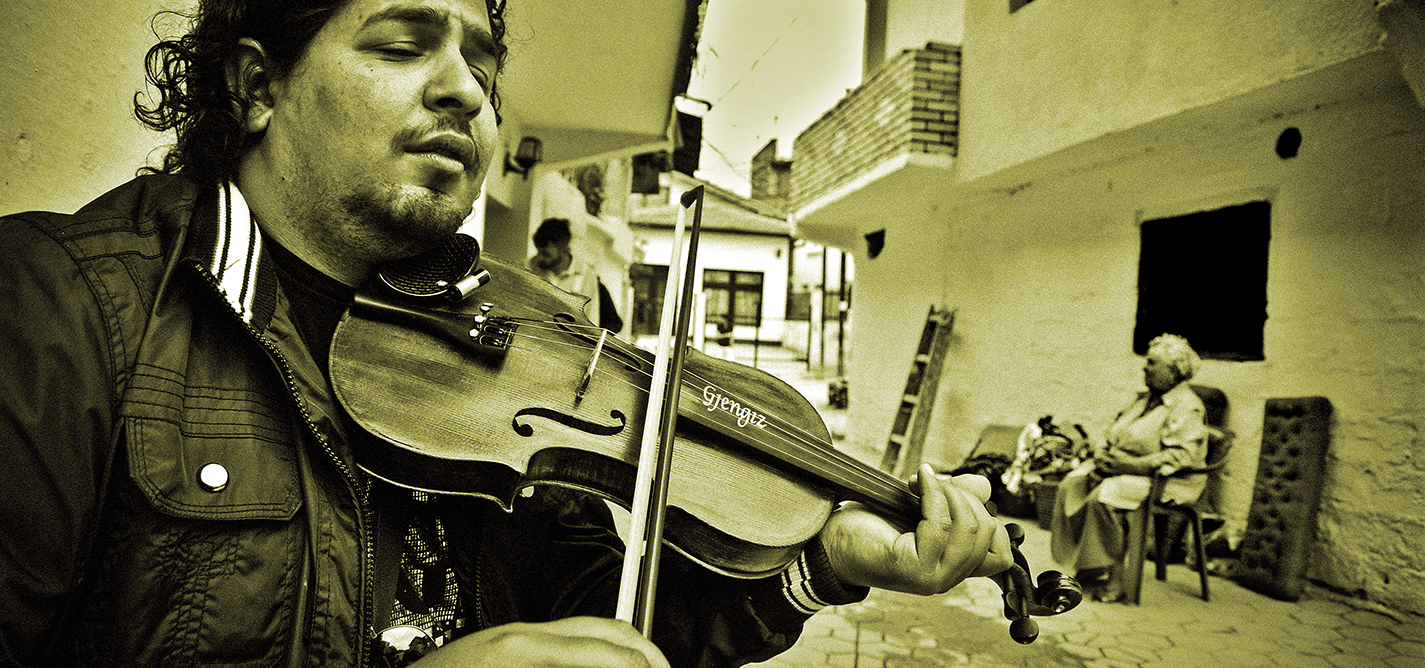
I need something less than a National Day
‘Kosovo National Roma Day’ is a ridiculous circus that helps no one.
The Roma civil society members' speeches consist of highlighting the same problems listed since the first celebrations of the National Roma Day in the early 2000s.
The day after, everything goes back to normal; discrimination, stereotyping, hatred, second rank citizenship, a lack of opportunities in every realm of life.

Sakibe Jashari
Sakibe Jashari is a Chevening scholar who graduated in Anthropology from the University of Sussex, with a focus on the anthropology of reconciliation. She also holds a Bachelor’s degree from the London School of Economics in Politics and International Relations and has extensive experience in working in community affairs, transitional justice/dealing with the past, and human rights.
DISCLAIMERThe views of the writer do not necessarily reflect the views of Kosovo 2.0.
This story was originally written in English.